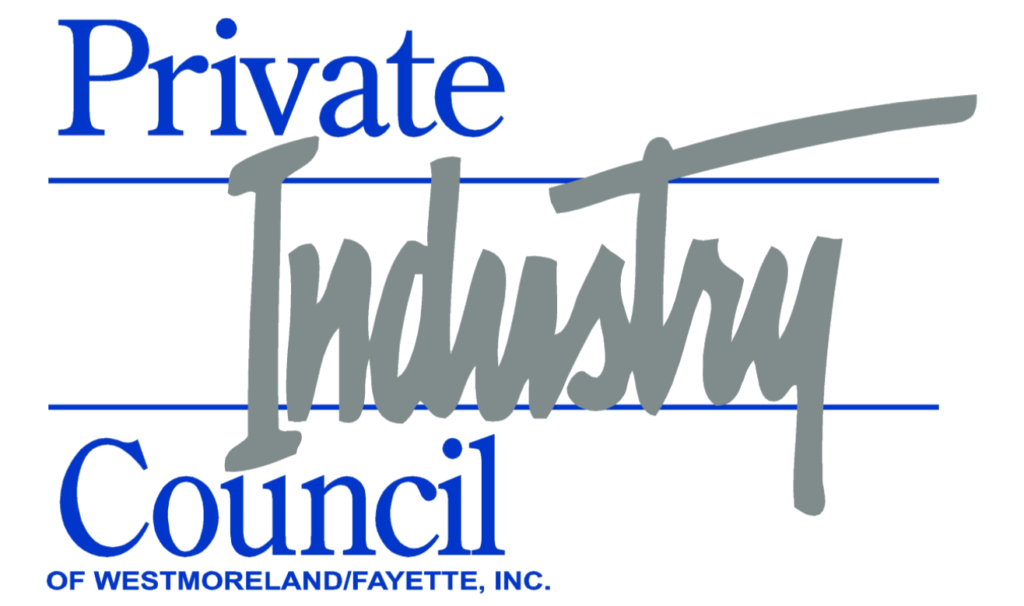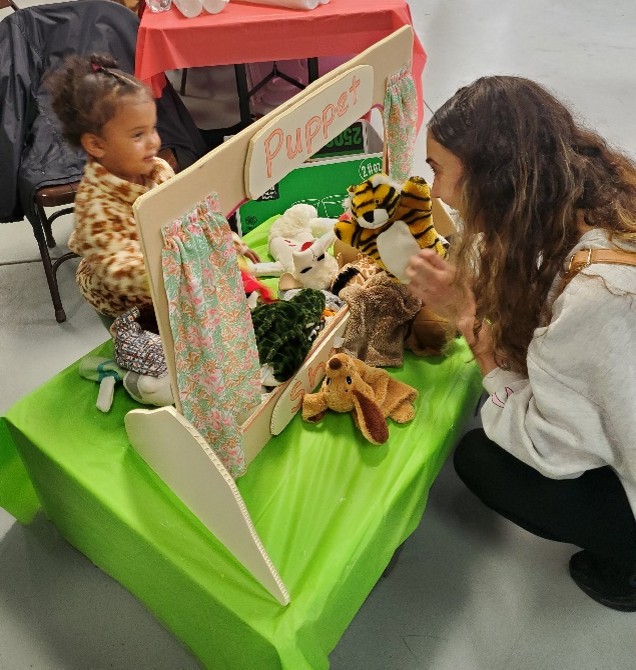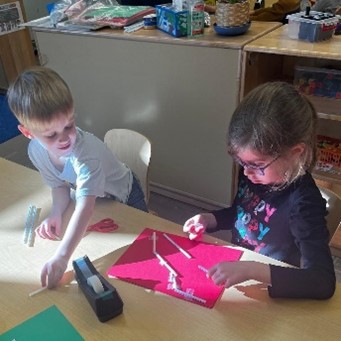On a recent In-Service Day, Pre-K Staff heard a presentation from Dr. Cheryl Chase, PhD- Clinical Psychologist from Cleveland, OH.
Dr. Chase advocates that children (and all people in general), “Do well if they can.”
She believes that children/people do not GIVE others a hard time with challenging behaviors, but instead challenging behaviors are a sign that the person is HAVING a hard time.
Challenging behavior is an opportunity to make changes and create growth.
We can help others through challenging times by co-regulating with them. When people co-regulate, the calm person is “sharing” his/her calm with the person who is “losing it” or becoming dysregulated.
In times of struggle, Dr. Chase says to, “Keep it between the lines. Highs aren’t too high and lows aren’t too low. Maintain composure.”
She says that one of the best life HACKS is … BREATHING!!!
Intentional, deep, belly out breathing can actually change neural activity.
Dr. Chase uses the example of “Box Breathing”.
Think of tracing a square. As you move along one side of the square, slowly count to 4 while breathing in, but pushing your belly out.
As you trace the next side of the square, hold your breath for 4 counts. Then exhale for 4 counts and hold your breath after exhaling for 4 counts.
Another proven way of self-regulating is through POSITIVE AFFIRMATIONS.
Helpful Positive Affirmations might be:
“I can weather the storm. Bad feelings come and go.”
“I need to let go of what I cannot control.”
“This is hard. But I can do hard things.”
“It’s okay to make mistakes.”





 724-836-2600
724-836-2600





